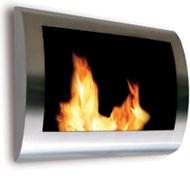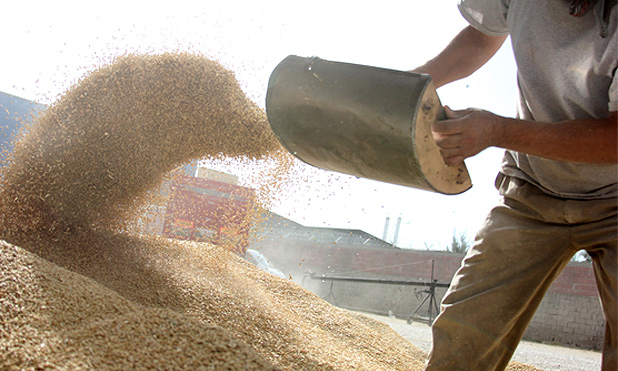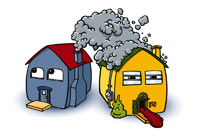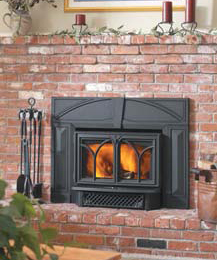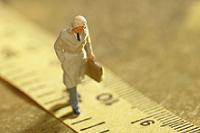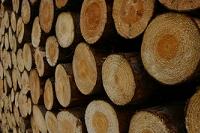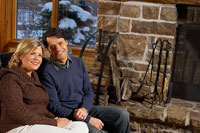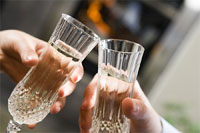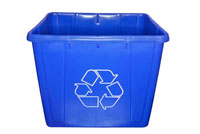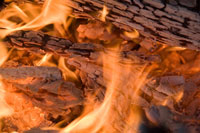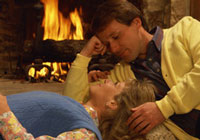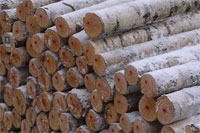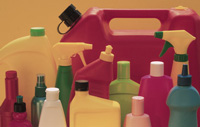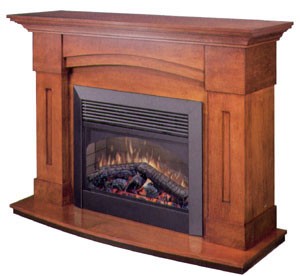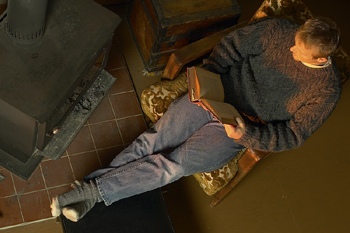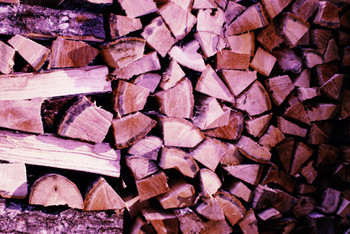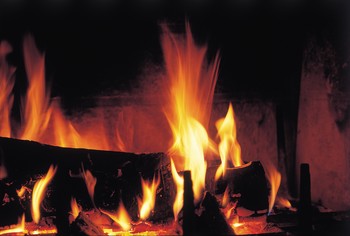October 2018
Sitting by a fireplace may be warm but it isn’t necessarily green. “Most are a big energy drain because the chimney exhausts large volumes of heated air from your house,”
September 2018
Wood Pellet Association of Canada members are world leaders in the design and operation of modern pellet plants. They are also volume producers, as the size and number of wood pellet producers continues to grow across Canada.
August 2018
Does heating with wood cause global warming ? What about local air quality ? Does wood heating harm the forest ? Is wood heating safe? Good questions. Real Answers. Wood heating and global warming By heating with wood you do not contribute to the greenhouse effect as you would by heating with one of the fossil fuels like oil and gas.
July 2018
Wood is used in more than 3 million Canadian homes as either a primary or secondary heat source. Woodstoves and fireplaces are not only used for heating purposes but also to create a “comforting and cosy”
June 2018
We have devised the following checklist for you so that, when you come to buying a fireplace, you can be sure of buying the one which suits your requirements best.
May 2018
A cord is equal to 128 cubic feet of firewood. Legal units of measurement for firewood are the cord, fractions of a cord, cubic feet, the stacked cubic metre and fractions of a stacked cubic metre.
April 2018
The demand for environmentally acceptable energy alternatives should ensure that wood heating will play an integral part of our energy mix for the foreseeable future. Many Canadians like you who use renewable energy sources to heat their homes want to make sure that these sources will remain sustainable.
March 2018
Maintaining your wood-burning system ranges from simple, frequent tasks such as removing and disposing of ashes to more complicated jobs such as replacing parts that have worn from usage and heat stress.
February 2018
If you are upgrading your old wood-burning system or are planning to purchase a new wood-burning appliance, you have many options. You might consider a wood stove, a pellet stove or a fireplace, or if your house is large, maybe even a wood furnace.
January 2018
Did you know you can recycle wood ashes? In fact, you can compost them! Here’s what to do with the wood ashes from your fireplace or wood stove to protect the environment.
December 2017
By firing your wood-burning system correctly, you improve efficiency and reduce air pollution. Owners must learn and practise the skills needed to operate their wood-burning system effectively. By mastering the techniques offered here, you will : –
November 2017
When you cozy up next to a crackling fire on a cold day, you probably don’t realize that your fireplace is one of the most inefficient heat sources you can possibly use.
October 2017
The full potential for heat will not be realized if you neglect the simple chore of piling and protecting your wood. Proper storage is essential to avoid moisture, bacteria, and insect problems in your home.
September 2017
Wood-burning systems operate under a variety of conditions during each heating season, which creates the need for many maintenance tasks. Maintaining your wood-burning system ranges from simple, frequent tasks such as removing and disposing of ashes to more complicated jobs such as replacing parts that have worn from usage and heat stress.
August 2017
The summer almost over, its now time to make the most of the autumn evenings. To enjoy the fresh air and the colors of the outdoors an outdoor fireplace is ideal for those who are looking forward to pleasant evenings, relaxing comfortably in front of the flames.
July 2017
Whatever the style of your home, the electric fireplace with its gorgeous flame and radiant heat, is the ideal choice for today’s urban folk. Ideal for condo life, it is also perfect solution for the rooms of the house where you want a flame without all the chimney hardware.
June 2017
Forget the kindling and the matches. Put away the bellows. Don’t worry about the damper. Cozying up to a warm fire has never been easier. We bring you ‘Fire at your Fingertips’
May 2017
1. Cut the wood to length The wood you have purchased or cut yourself should be the right length for your stove, fireplace or furnace. This is usually about three inches shorter than the firebox width or length, depending on how you load the wood.
April 2017
Be careful about what you put in your stove. Never use painted or pressure treated wood or plastics containing chlorine, such as PVC. This gives off highly poisonous gases. Also, don’t use driftwood from the sea as it contains salt which is converted to chlorine when burned.
